19 Risky Countries For American Travelers — And 5 Safety Steps You Shouldn’t Skip
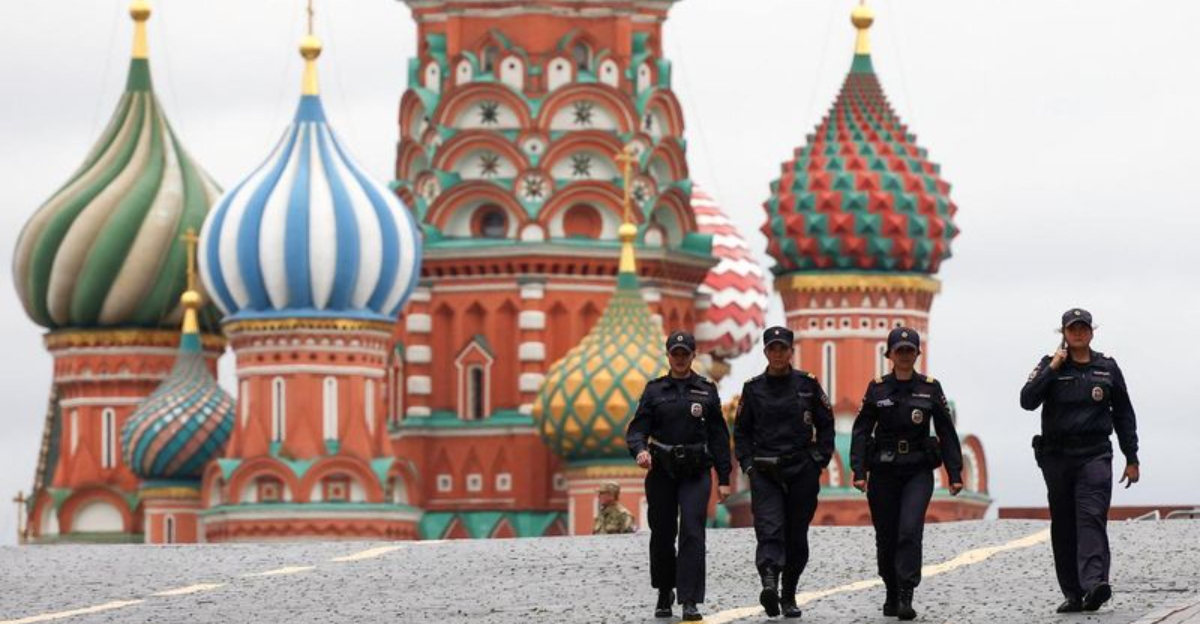
Exploring the world is one of the greatest joys of travel—but staying informed is key to staying safe. While many countries welcome visitors with open arms, others are currently facing situations that can put tourists at risk, from violent unrest and terrorism to organized crime and government crackdowns.
As a frequent traveler myself, I always cross-check travel advisories before planning a trip—it’s one of the smartest habits you can build. Curious which destinations top the list of places Americans are being warned about right now?
Let’s dive into the countries travelers should approach with extra caution.
1. Yemen Conflict Zones
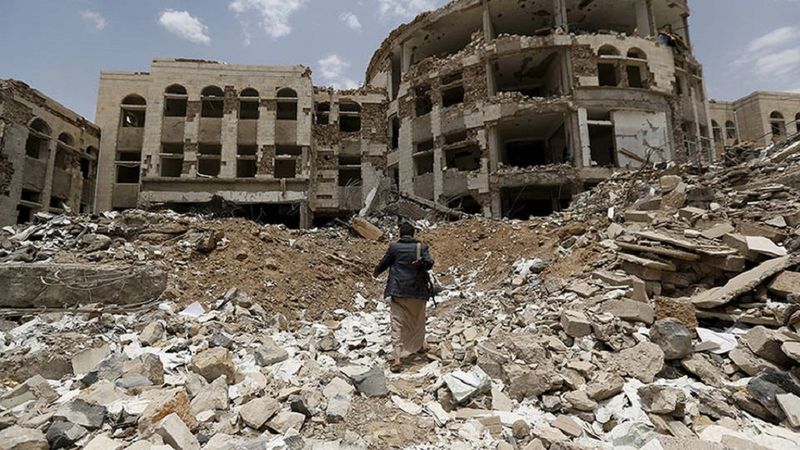
Yemen remains one of the world’s most dangerous countries due to its ongoing civil war. Armed conflict between government forces, Houthi rebels, and other militant groups has devastated infrastructure and created widespread humanitarian crises.
Kidnappings targeting foreigners have occurred with alarming frequency. Medical facilities are severely limited, and basic services like electricity and clean water are unreliable in many areas.
The U.S. State Department maintains its strongest “Do Not Travel” advisory for Yemen, with limited ability to assist Americans who find themselves in trouble there.
2. Enroll in STEP Program (Safety Step)

The Smart Traveler Enrollment Program (STEP) is your lifeline when traveling to risky destinations. This free service allows U.S. citizens to register their trip with the nearest U.S. Embassy or Consulate.
By enrolling, you’ll receive crucial safety alerts and updates about your destination. If a crisis occurs—whether it’s civil unrest, natural disaster, or family emergency—embassy officials can contact you quickly.
STEP registration also makes it easier for your family to reach you during emergencies. The process takes just minutes online but could literally save your life.
3. Haiti Political Unrest
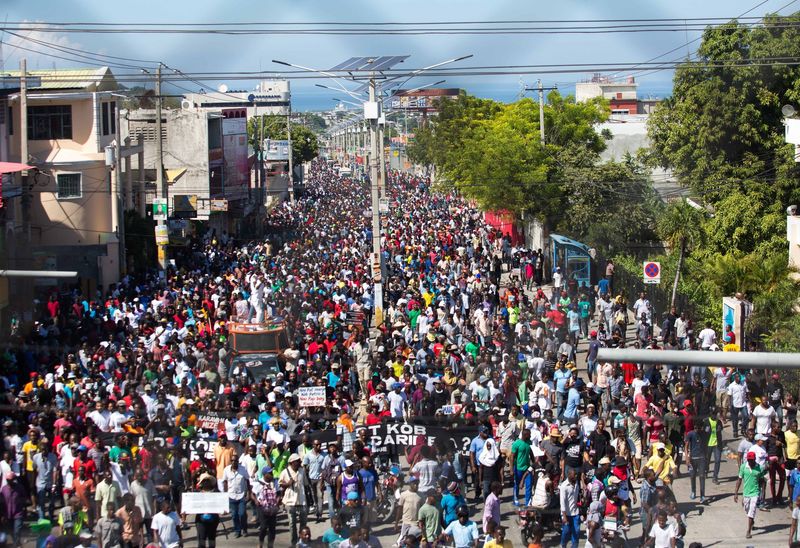
Haiti’s volatile situation has deteriorated rapidly in recent years. Gang violence controls much of Port-au-Prince, with armed groups blocking roads, conducting kidnappings, and engaging in deadly territorial battles.
Demonstrations can quickly turn violent, with protesters erecting roadblocks and burning tires. Visitors face serious risks of armed robbery, carjacking, and kidnapping for ransom, even in previously safer areas.
Medical facilities are extremely limited, and ambulance services are virtually nonexistent. The U.S. Embassy operates with reduced staff and cannot provide normal consular services throughout much of the country.
4. Use Encrypted Messaging (Safety Step)

When traveling through high-risk countries, your digital security becomes as important as your physical safety. Apps like Signal, WhatsApp, and Telegram offer end-to-end encryption that prevents others from reading your messages.
Government surveillance is common in many dangerous destinations. Encrypted messaging protects your conversations about travel plans, meeting locations, or concerns about local conditions.
Make sure to set up these apps before departure and establish regular check-in times with trusted contacts back home. Enable disappearing messages for extra security when discussing sensitive information about your whereabouts.
5. Syria Active War Zones
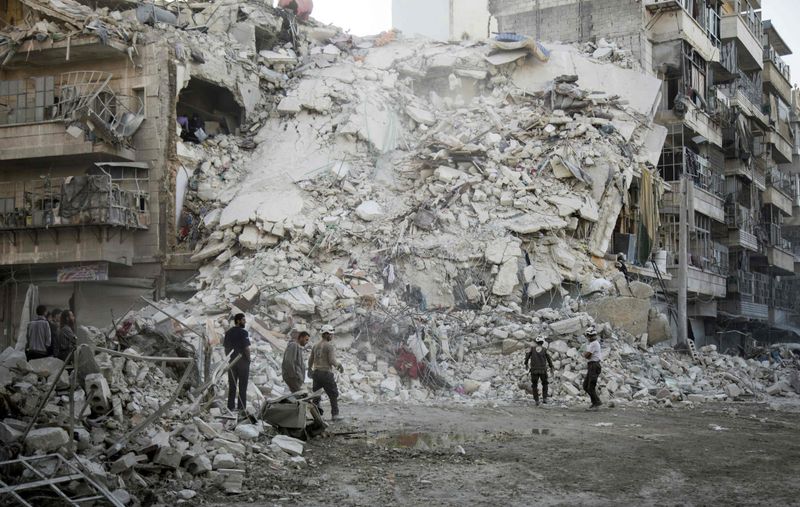
Syria remains engulfed in one of the world’s deadliest ongoing conflicts. Multiple armed groups control different territories, with frontlines shifting unpredictably. ISIS and other terrorist organizations continue to operate despite territorial losses.
Indiscriminate bombings, kidnappings, and chemical weapons attacks have occurred throughout the country. Infrastructure has been decimated, with hospitals specifically targeted in many areas.
No part of Syria should be considered safe for travelers. The U.S. has minimal diplomatic presence and extremely limited ability to provide emergency services to citizens who ignore travel warnings and enter the country.
6. Avoid Night Travel (Safety Step)

Darkness creates additional dangers in high-risk countries where criminals and militant groups often operate more freely after sunset. Roads become particularly hazardous without adequate lighting, increasing accident risks and ambush opportunities.
Many checkpoints become more unpredictable at night, with tired or less professional personnel sometimes manning stations. Even in urban areas, police presence typically diminishes after dark, leaving travelers more vulnerable.
Always plan journeys to reach destinations before sunset. If unavoidable night travel is necessary, use reputable transportation arranged through your hotel or a trusted local contact.
7. Iraq Security Threats
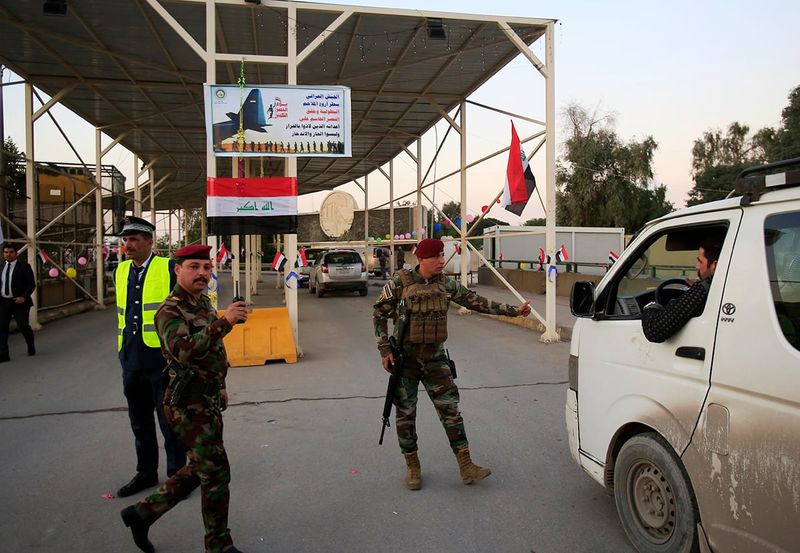
Iraq continues facing serious security challenges despite ISIS’s territorial defeat. Improvised explosive devices, suicide bombings, and kidnappings remain persistent threats, particularly in disputed territories and areas where extremist cells operate.
Militias and armed groups maintain significant influence in many regions. These factions occasionally target Western interests, including civilian facilities frequented by foreigners.
Baghdad’s International Zone (Green Zone) offers somewhat better security, but even there, rocket attacks occur periodically. The Kurdistan Region generally experiences fewer security incidents but isn’t immune to violence, especially near borders with Turkey and Iran.
8. Share Itinerary with Family (Safety Step)
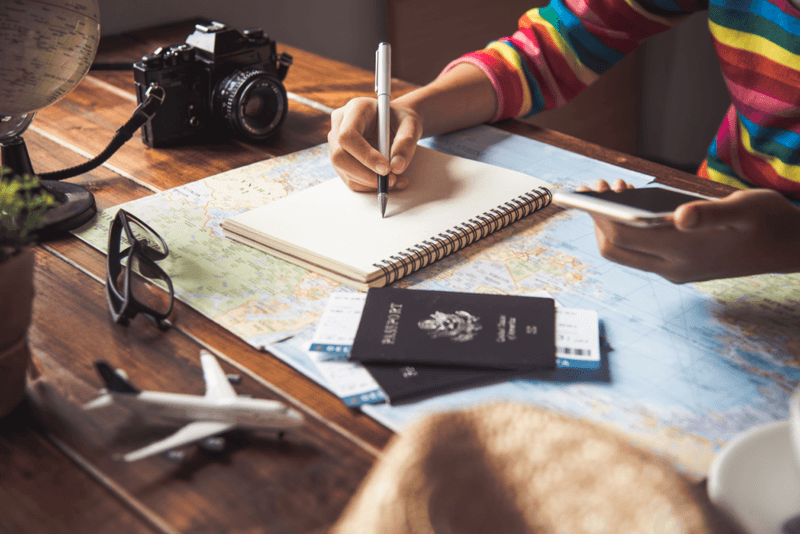
Before heading to high-risk destinations, create a detailed itinerary with all accommodation addresses, transportation details, and planned activities. Share this document with multiple trusted contacts who aren’t traveling with you.
Include scanned copies of your passport, visa pages, insurance information, and emergency contacts. Set clear expectations about how often you’ll check in and what should happen if you miss a scheduled communication.
Consider using location-sharing apps that allow designated contacts to track your movements. Google Maps, Find My Friends, or specialized travel safety apps can provide this functionality even with limited connectivity.
9. Venezuela Crime Surge
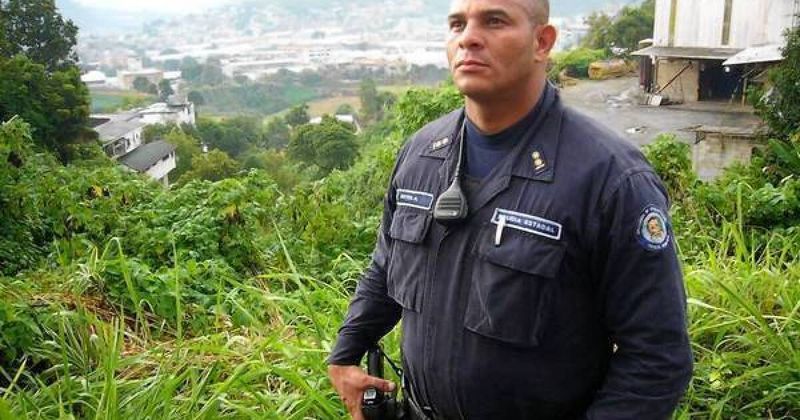
Venezuela’s economic collapse has triggered unprecedented crime levels throughout the country. Armed robberies, express kidnappings, and carjackings occur regularly, even in upscale neighborhoods of Caracas previously considered relatively safe.
Police response is minimal or nonexistent in many areas. Criminal groups often operate with impunity, and some have connections to security forces. Shortages of medicine, food, and basic supplies have worsened the security situation.
Demonstrations against the government frequently turn violent, with security forces using tear gas, water cannons, and sometimes live ammunition against protesters. Medical care has deteriorated severely, with hospitals lacking basic supplies and medications.
10. Keep Copies of Documents (Safety Step)
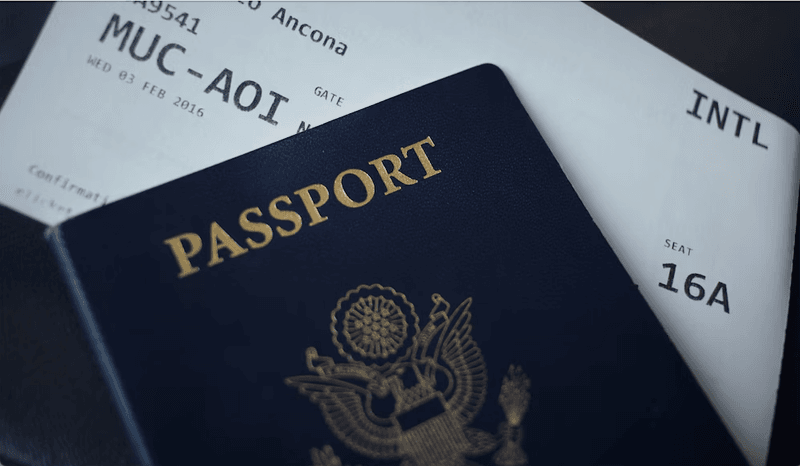
Losing your passport in a dangerous country can turn a risky situation into a nightmare. Create both digital and physical copies of all essential documents before departure.
Store digital copies in a secure cloud service you can access from any device. Password-protect these files and avoid storing them on your phone’s main photo gallery. For physical copies, keep them separate from originals in a hidden location like a money belt or hotel safe.
Include copies of your passport photo page, visa, driver’s license, travel insurance policy, credit cards, and any medical prescriptions. This preparation dramatically speeds up replacement if originals are lost or stolen.
11. Somalia Lawlessness
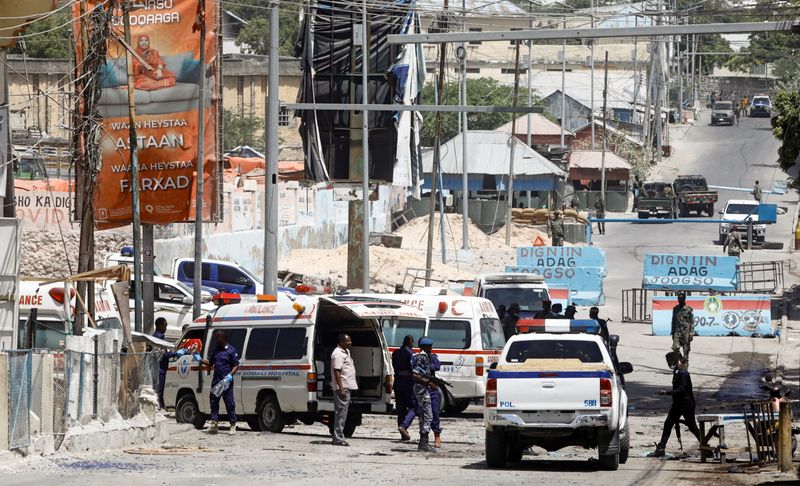
Travelers face extreme risks in Somalia, where Al-Shabaab militants carry out bombings, kidnappings, and assassinations, often focusing on foreign nationals.
Piracy remains active off Somalia’s coast despite international naval patrols. Maritime kidnappings have occurred even in neighboring countries’ waters. The central government exercises minimal control outside Mogadishu, with various clan militias and warlords governing different regions.
Even within the capital’s heavily guarded areas, complex terrorist attacks occur frequently. Medical facilities are extremely limited, and emergency services are virtually nonexistent throughout the country.
12. Afghanistan Instability
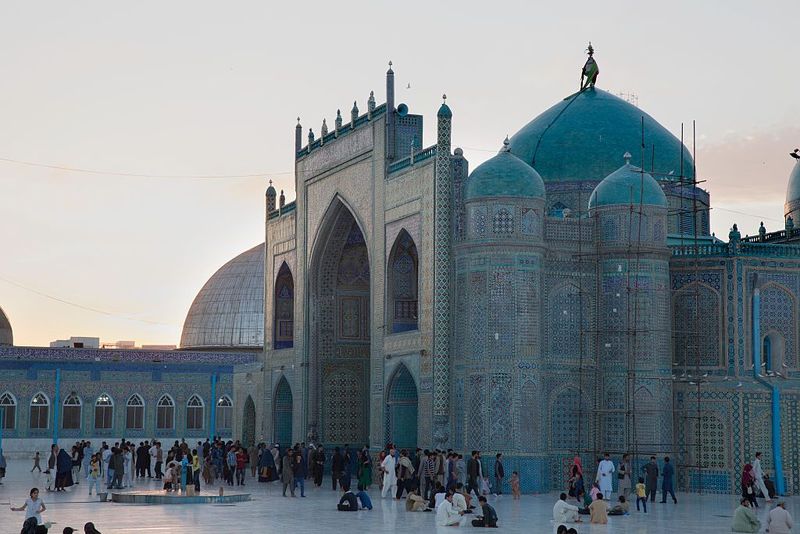
Since the Taliban regained control of Afghanistan, conditions for foreigners have become highly volatile, with groups like ISIS-K carrying out frequent attacks across the country.
Women face particularly severe restrictions on movement, dress, and activities. The banking system remains largely dysfunctional, with limited access to funds and few functioning ATMs.
Humanitarian conditions have deteriorated dramatically, with widespread food insecurity and collapsed healthcare systems. The U.S. has no embassy presence following its withdrawal, leaving American travelers with virtually no consular support if emergencies arise.
13. Mali Terror Concerns
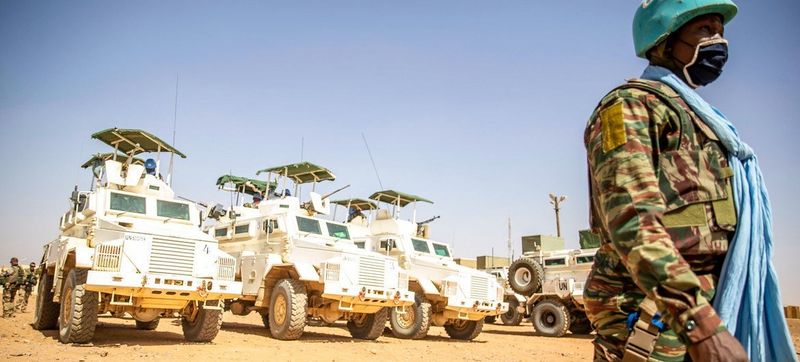
Mali’s security situation has worsened dramatically as terrorist groups expand their reach across the country. Groups affiliated with Al-Qaeda and ISIS regularly attack both military and civilian targets, particularly in northern and central regions.
Kidnapping remains a significant threat, with several Westerners held for ransom in recent years. Some victims have been held captive for over four years or killed by their captors.
Political instability following multiple coups has further complicated the security landscape. Armed robberies and carjackings occur frequently, even in Bamako. The government’s control outside the capital is limited, with many areas effectively ungoverned.
14. Libya Armed Militias
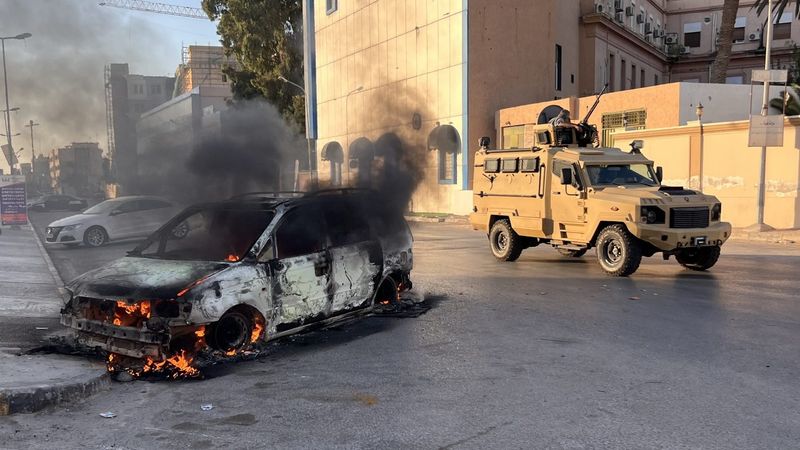
Since the 2011 revolution, Libya has remained deeply unstable, with rival governments and unpredictable militia alliances fueling ongoing conflict.
Kidnappings, assassinations, and firefights between rival groups occur regularly in major cities. Tripoli’s airport has been damaged by fighting, and alternative facilities operate with minimal security.
Foreign nationals have been specifically targeted by extremist groups and criminal gangs. The U.S. Embassy suspended operations in 2014, leaving Americans without consular support. Military-grade weapons are widely available throughout the country, increasing risks during any security incident.
15. South Sudan Violence
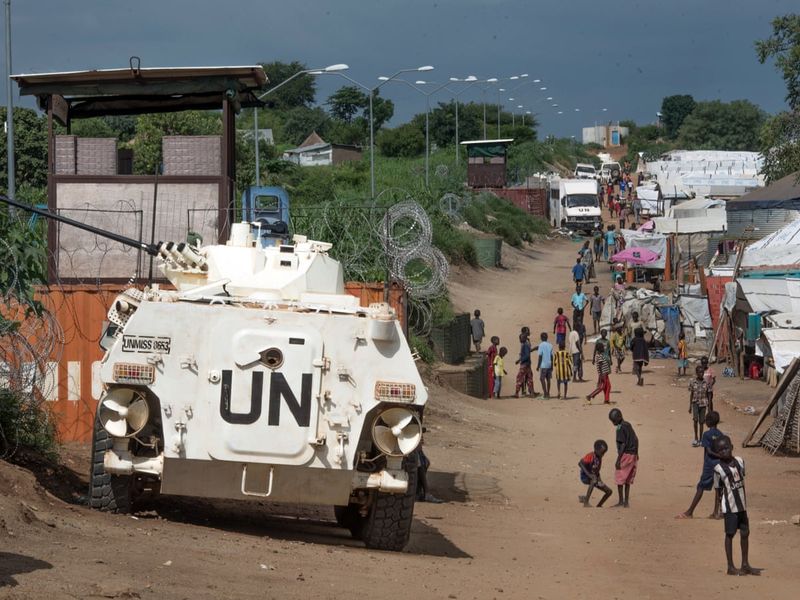
South Sudan’s civil conflict has created one of Africa’s worst humanitarian crises. Armed groups frequently clash despite peace agreements, with violence often targeting specific ethnic communities.
Humanitarian workers face direct attacks, with numerous aid workers killed in recent years. Roadblocks operated by armed groups make travel between cities extremely dangerous.
Crime rates remain extraordinarily high, with armed robberies and carjackings commonplace even in the capital, Juba. Medical facilities are severely limited, and many areas become completely inaccessible during the rainy season when roads wash out.
16. North Korea Travel Controls
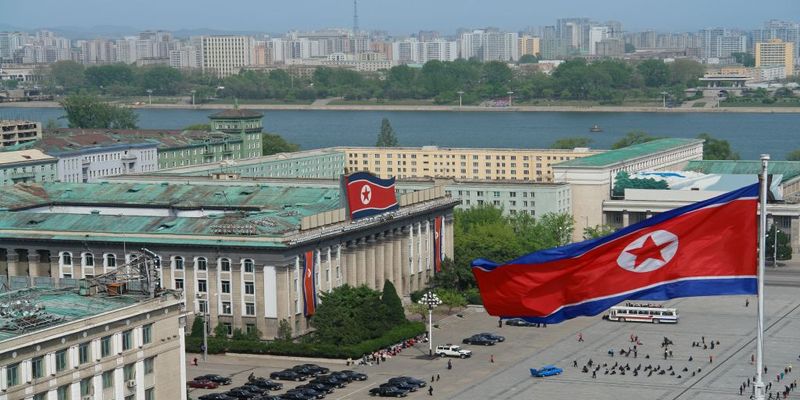
Foreign visitors to North Korea, especially Americans, are subject to intense surveillance, required to join government-approved tours where movement is tightly controlled.
Taking unauthorized photos, attempting to speak with ordinary citizens, or possessing religious materials can result in detention. Several Americans have been sentenced to hard labor for seemingly minor infractions.
The U.S. has no diplomatic presence in North Korea and extremely limited ability to assist detained citizens. Medical facilities are inadequate by Western standards, with few medications available. Even minor legal issues can escalate into major diplomatic incidents with severe consequences.
17. Central African Republic
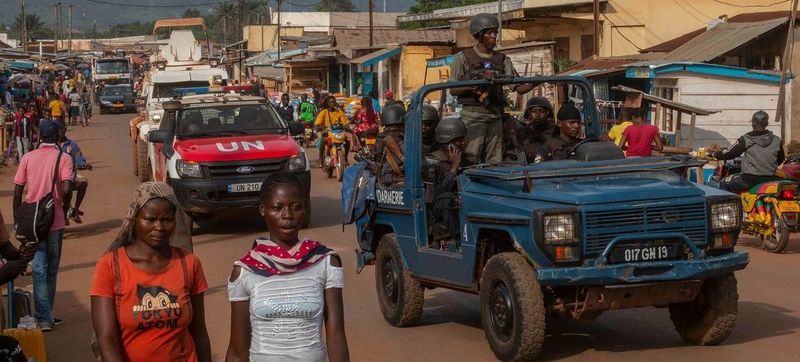
The Central African Republic continues experiencing widespread violence despite peace agreements. Armed groups control approximately two-thirds of the country, frequently clashing with government forces and UN peacekeepers.
Targeted killings based on religious and ethnic identity occur regularly. Armed robberies and violent crime are commonplace even in the capital, Bangui.
Medical facilities are extremely limited, with most lacking basic supplies and medications. Roads become impassable during rainy seasons, potentially stranding travelers for extended periods. The government exercises little effective control outside Bangui, leaving most regions effectively ungoverned.
18. Iran Diplomatic Risks
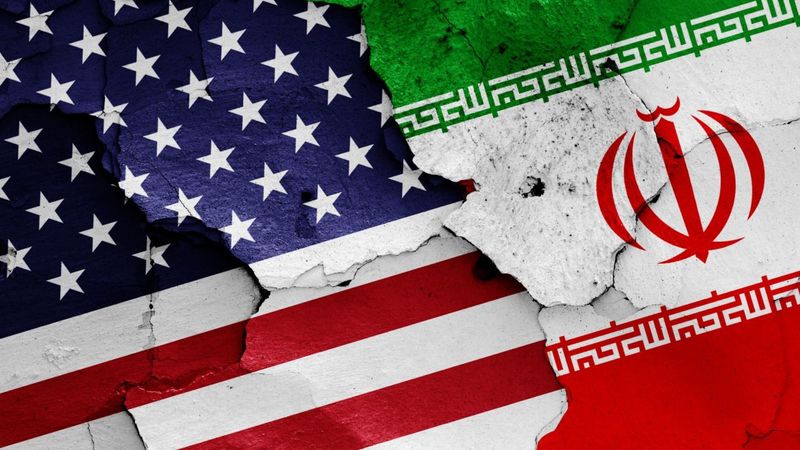
Americans face unique dangers in Iran due to ongoing diplomatic tensions. The Iranian government has detained U.S. citizens on spying charges that international observers consider fabricated.
Dual U.S.-Iranian citizens face particular scrutiny, as Iran doesn’t recognize their American citizenship. Border areas near Afghanistan, Iraq, and Pakistan experience frequent militant activity and kidnappings.
The U.S. has no embassy in Iran and must rely on the Swiss government to provide limited consular services to detained Americans. Communication monitoring is pervasive, with authorities tracking social media activity and electronic communications of foreign visitors.
19. Pakistan Border Tensions
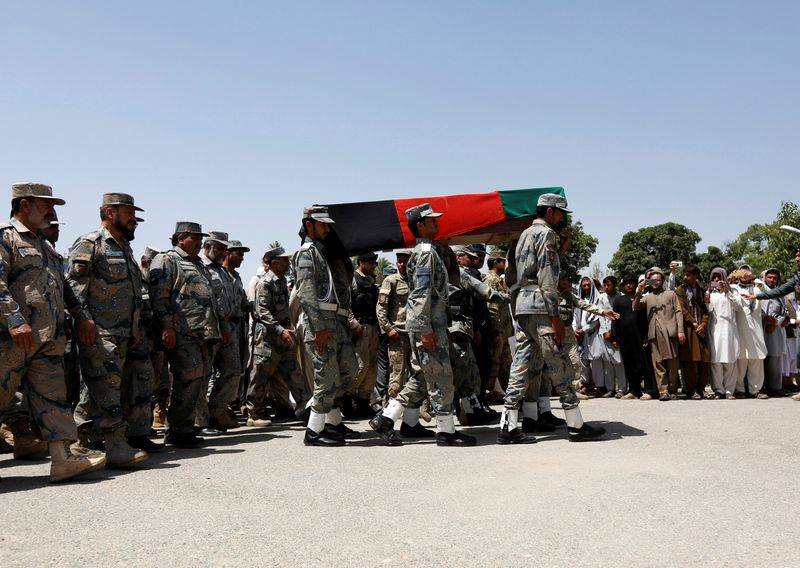
Foreign travelers face severe risks in Pakistan’s border areas, where regions like Khyber Pakhtunkhwa and Balochistan are hotspots for terrorist activity.
Kidnapping for ransom remains a serious threat, particularly for Westerners. Several foreigners have been held captive for years or killed by their captors.
Sectarian violence periodically erupts in major cities, with religious processions and gatherings sometimes targeted. The border with India remains highly militarized, with occasional cross-border shelling. Even in relatively safer cities like Lahore and Islamabad, security precautions are essential.
20. Burkina Faso Instability
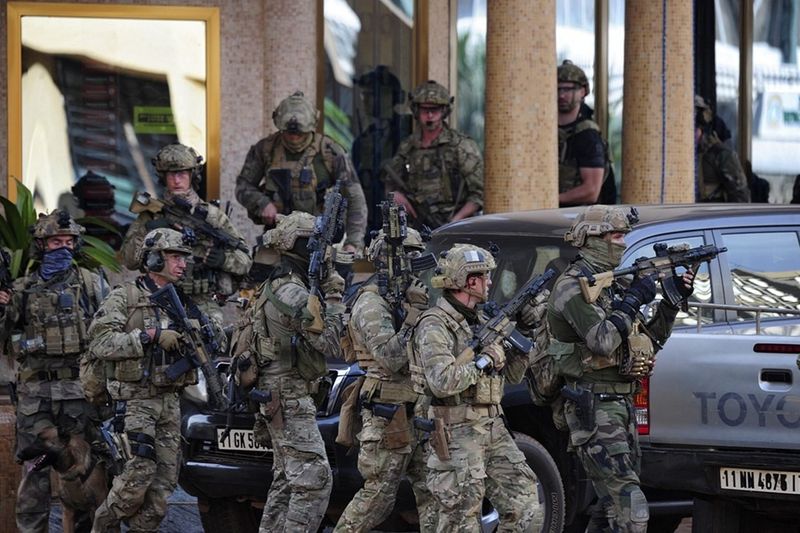
Ouagadougou and other parts of Burkina Faso have seen a rise in extremist attacks, with foreign travelers among those at risk due to assaults on popular venues.
Kidnappings targeting Westerners have increased, with victims sometimes held for years or killed. Multiple coups have created political instability that further complicates the security environment.
Large portions of the country, especially northern and eastern regions, have become effectively ungoverned as terrorist groups establish control. Even travel between major cities carries significant risk of ambush or encountering improvised explosive devices.
21. Russia Political Volatility
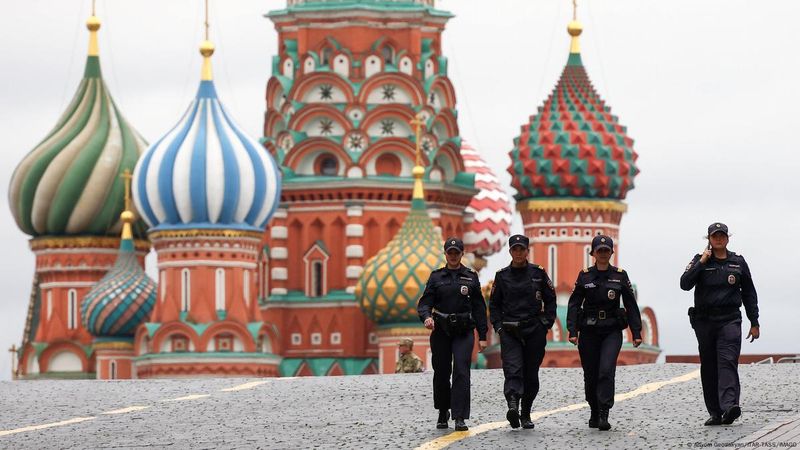
Americans face increased risks in Russia due to deteriorating diplomatic relations. Russian authorities have detained U.S. citizens on questionable charges, sometimes using them as political bargaining chips.
The Russian government has designated numerous American organizations as “undesirable,” creating legal risks for those with connections to these groups. LGBTQ+ travelers face both legal restrictions and societal hostility in many regions.
Border areas near Ukraine remain particularly dangerous due to ongoing conflict. Russian security services routinely monitor foreigners’ communications and movements, especially Americans. Medical evacuation can be complicated by flight restrictions and sanctions affecting insurance coverage.
22. Belarus Crackdowns

Following contested elections, Belarus has tightened its grip on dissent, with authorities detaining individuals—including foreign nationals—suspected of involvement in or coverage of protests.
The government has forced down commercial flights to arrest critics. Border crossings can involve intensive questioning and searches of electronic devices, with officials looking for evidence of political activities.
Americans have been detained on spurious charges with limited consular access. The security situation along the border with Ukraine remains unpredictable due to Belarus’s support for Russia’s military operations. Phone calls, texts, emails, and internet activity are subject to government surveillance.
23. Nicaragua Protest Zones
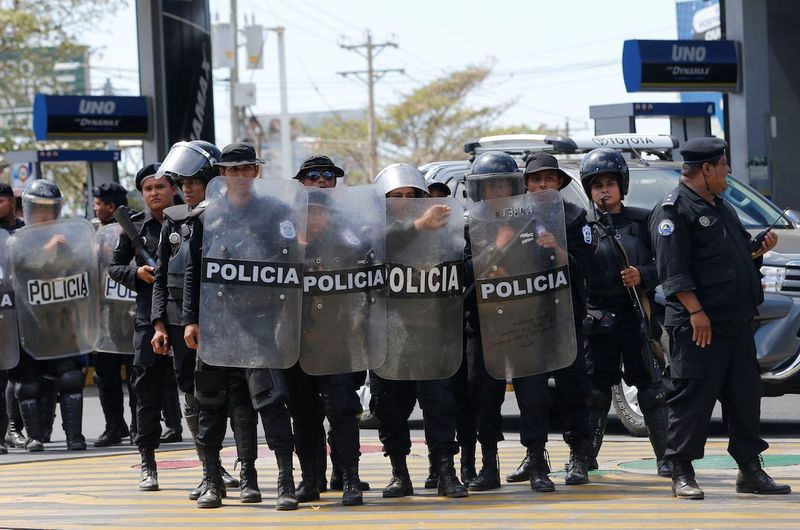
Since the violent crackdown on protests in 2018, Nicaragua’s political climate has worsened, with the government continuing to target critics—including foreign nationals documenting human rights issues.
Americans have faced harassment, detention, and expulsion for activities the government considers political. Police and pro-government paramilitary groups maintain heavy presence in areas where protests previously occurred.
Healthcare facilities outside Managua are extremely limited, with many lacking basic supplies. The government has expelled numerous international organizations, further reducing potential emergency assistance for travelers. Border crossings can involve extensive questioning about the purpose of travel and political views.
24. Myanmar Military Rule
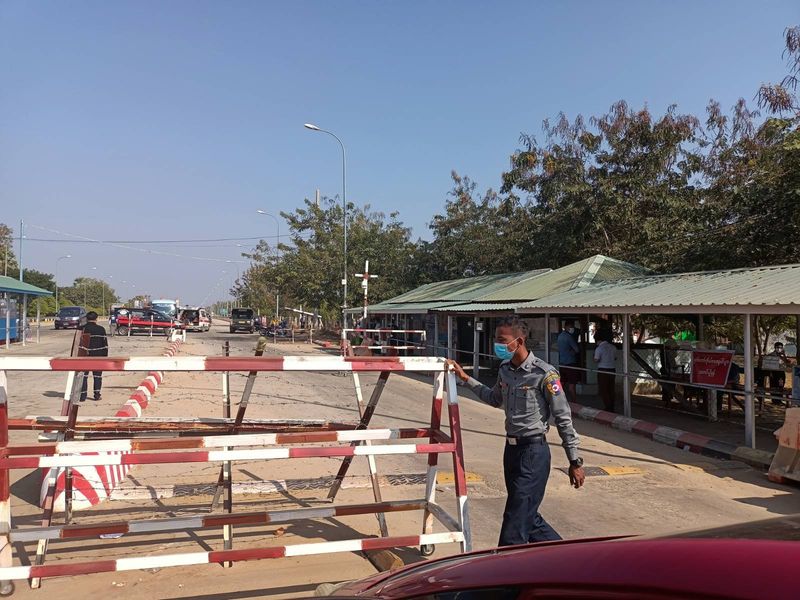
Since the 2021 military coup, Myanmar has faced widespread instability, with armed clashes between government forces and resistance groups erupting even in areas once seen as safe for visitors.
Arbitrary detention, including of foreigners, has increased dramatically. Communications are frequently disrupted, with internet blackouts imposed during military operations.
Medical facilities were already limited before the coup and have deteriorated further. Many areas have become completely inaccessible due to fighting, with civilians caught in crossfire. The banking system functions unpredictably, creating difficulties accessing funds even in major cities.
